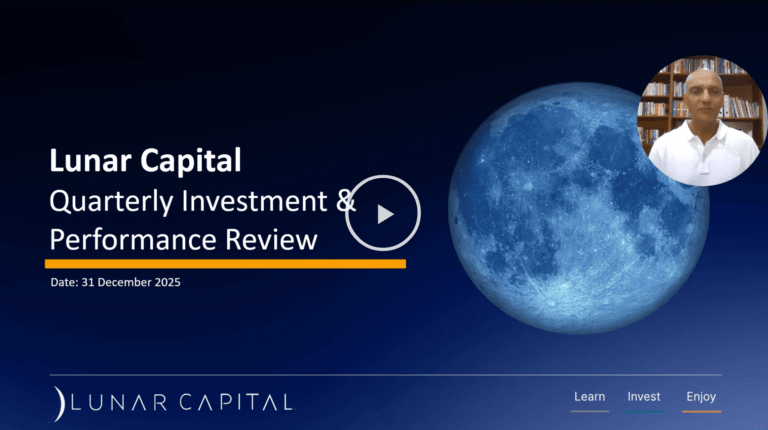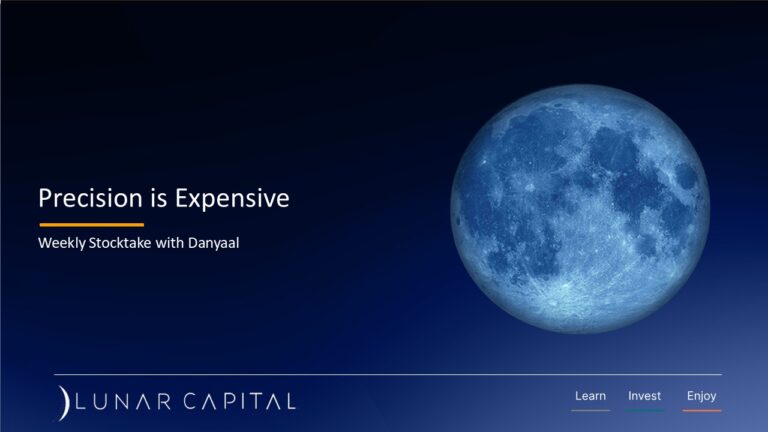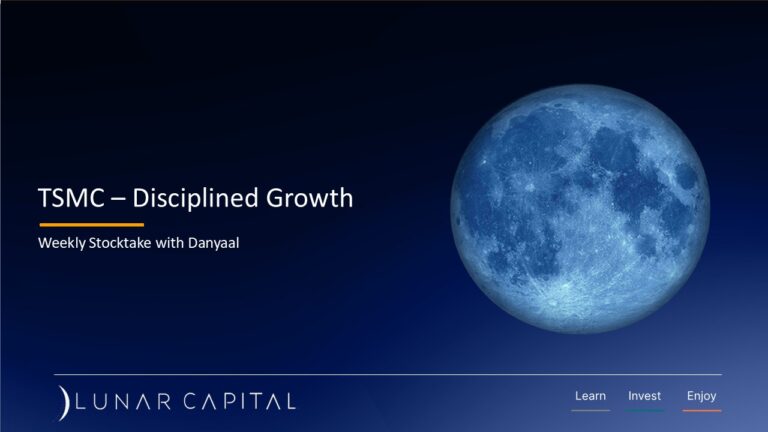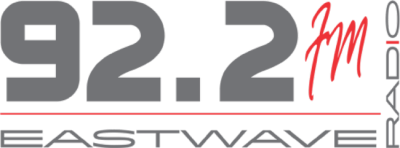Eli Lilly, a pharmaceutical company best known for its diabetes and obesity treatments, saw its share price drop by nearly 18% last week. This decline came despite impressive quarterly results: revenue rose 38% year-over-year to $15.6 billion, and net income surged 91% to $5.7 billion. The company also raised its full-year revenue guidance to between $60 billion and $62 billion.
The primary drivers of this growth were Mounjaro, a treatment for Type 2 diabetes, and Zepbound, an obesity medication. Both drugs are based on the same active
ingredient, tirzepatide, which helps regulate blood sugar, increase insulin secretion, and slow gastric emptying. The World Health Organisation (WHO), estimates over 2.5 billion people worldwide are considered overweight, with approximately 890 million people living with obesity.
Eli Lilly has been aggressively expanding its manufacturing capacity to meet rising demand. Compared to its main competitor, Novo Nordisk, Lilly has navigated the U.S. market more effectively – particularly in terms of scaling production and managing regulatory complexities. Anecdotal reports from physicians suggest that Zepbound may have fewer side effects than Novo Nordisk’s offerings. Last week, Lilly announced it had overtaken Novo Nordisk in U.S. market share for obesity treatments, with the highest number of prescriptions.
However, the sharp drop in share price appears to be linked to the results of a Phase 3 trial for Lilly’s oral weight-loss drug, orforglipron. Analysts had anticipated weight loss in the range of 13–15%, but the trial showed a more modest 12.4% reduction, disappointing investor expectations.
Regulatory and pricing pressures also loom large. The Trump administration has urged pharmaceutical companies to voluntarily lower drug prices. One proposed measure, the Most Favored Nation policy, would peg U.S. drug prices to those in other developed countries – potentially squeezing Lilly’s gross margins. Additionally, the U.S. regulatory environment remains more complex and demanding than in many other nations, which could further impact net margins.
Competition is intensifying. Novo Nordisk did not renew its patents for diabetes and obesity drugs in Canada, opening the door for generic manufacturers to enter the market. These companies plan to launch significantly cheaper alternatives by next year. The province of British Columbia estimates that 15% of its drug sales are to U.S. citizens, raising concerns that high demand could prompt some US states to approve the imports of these generics.

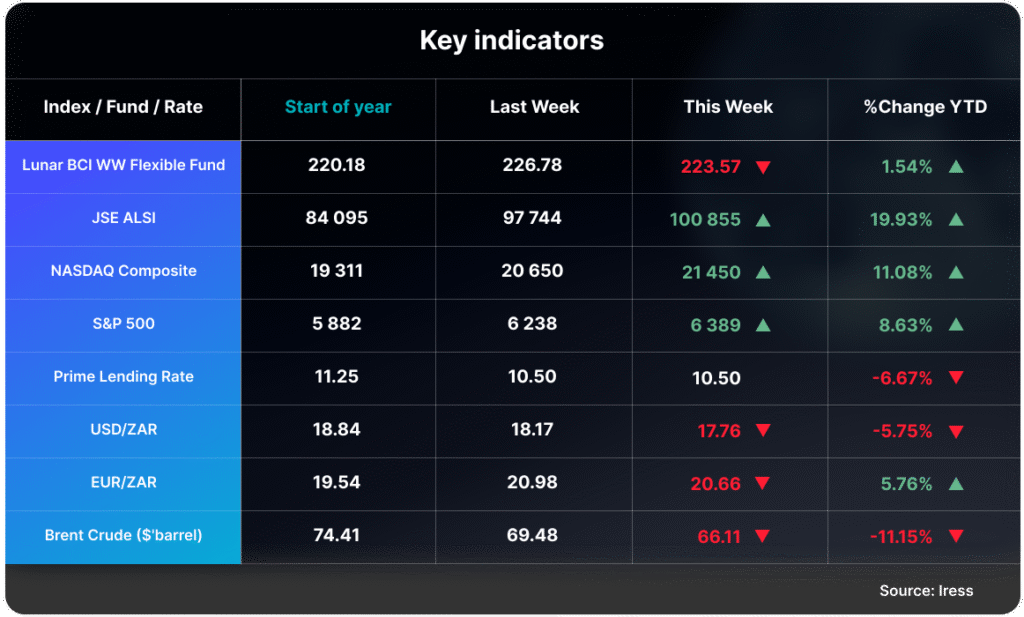
Click here to access your account to view statements, obtain tax certificates, add or make changes to your investments.
Our email address is: [email protected]
Disclosures
Lunar Capital (Pty) Ltd is a registered Financial Services Provider. FSP (46567)
Read our full Disclosure statement: https://lunarcapital.co.za/disclosures/
Our Privacy Notice: https://lunarcapital.co.za/privacy-policy/
The Lunar BCI Worldwide Flexible Fund Fact Sheet can be read here.
This stocktake is prepared for the clients of Lunar Capital (Pty) Ltd. This stocktake does not constitute financial advice and is generated for information purposes only.


